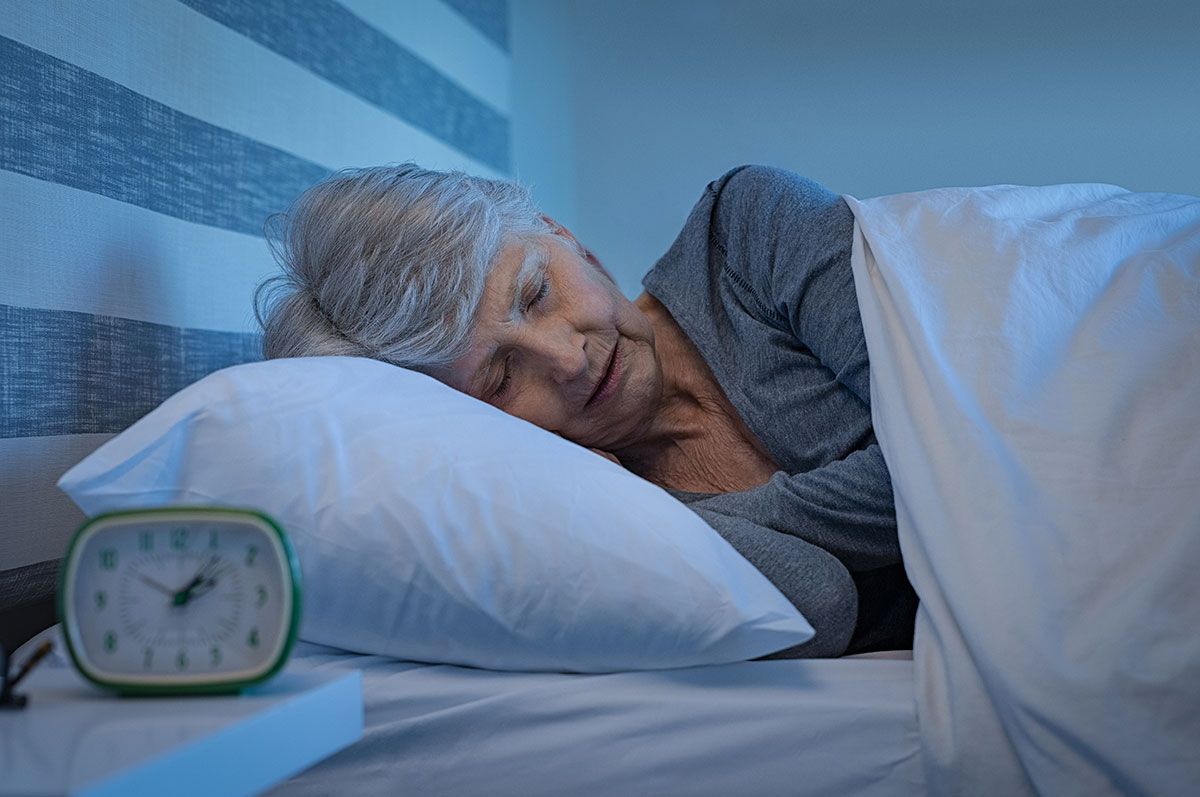How to Manage Dementia-Related Sleep Problems
Individuals with Alzheimer’s and dementia tend to experience problems falling asleep, and when they are sleeping they tend to be restless throughout the night. Scientists aren’t exactly sure why dementia causes sleep problems, but it is known that as many as 50% of individuals with dementia experience sleep disturbances, a figure that increases depending on the severity of one’s dementia.
It is important to manage dementia-related sleep problems effectively because being sleep deprived can actually make symptoms of dementia worse, resulting in an endless spiral.
Here are 5 tips to encourage a restful night’s sleep for those diagnosed with dementia:
- Establish a Consistent Routine - Routines, in general, are extremely important for those with dementia as it creates a predictable schedule. This is particularly true when it comes to sleep. We recommend setting a consistent wake-up and bedtime as it will tap into one’s circadian rhythm and help promote a night of restful sleep.
- Create a Restful Sleep Space - An optimal sleep space is a critical component of being able to relax and wind down from the day. Draw the curtains (or invest in some black-out curtains) to make sure the room is nice and dark and keep the room cool with lots of comfortable blankets and pillows. We even suggest a sound machine to block out ambient noise for a deeper sleep.
- Exercise Regularly - Getting regular exercise is a great way to use your energy throughout the day so you’re more tired at night. Something as simple as adding a walk to your day can greatly impact your ability to fall asleep at night.
- Examine Potential Contributing Conditions - Sometimes other medical conditions can contribute to sleep problems, like sleep apnea or restless leg syndrome. If you suspect that these may be making sleep issues worse, talk to your doctor about evaluation and treatment.
- Consider Medication (if necessary!) - If you’ve tried everything to get a better night's sleep, adding a medication to your routine may be able to provide the relief you need to get some rest. Talk to your doctor about potentially adding melatonin or another sleep aid to your routine.
If you or a loved one has been diagnosed with dementia and you need some assistance, we are here to help! Our experienced caregivers have first-hand experience assisting individuals with Alzheimer’s and dementia. We can create customizable in-home treatment plans to help you or a loved one retain as much independence as possible. Give us a call at 610.365.4099 to learn more!












